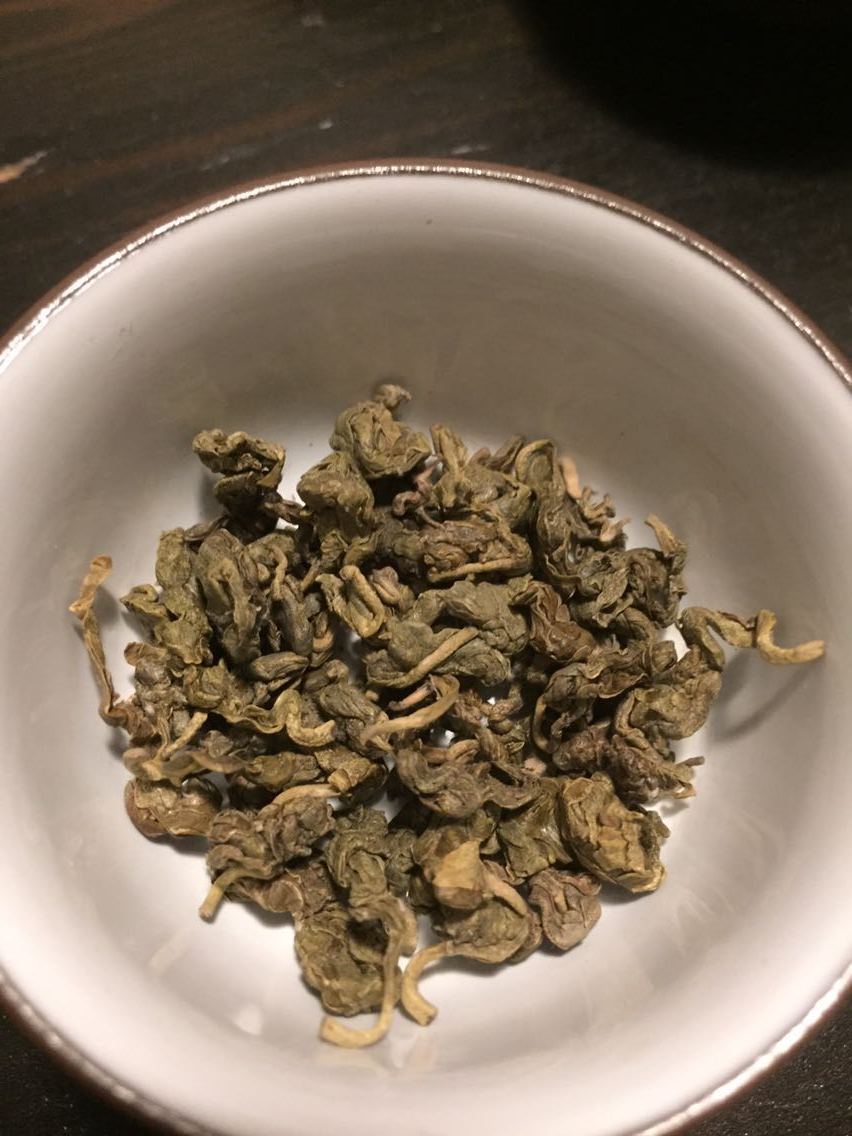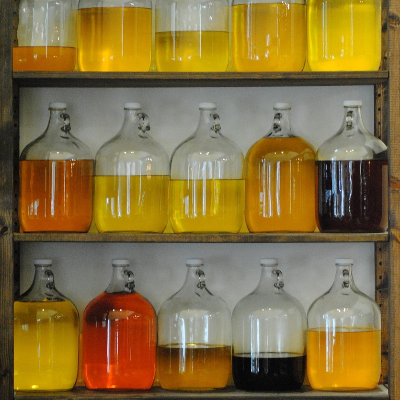Menu
-
-
F.A.Q
- How to identify genuine agarwood chip, natural or cultivated
- How to identify oil injection / absorption fake agarwood beads
- How to know if there are more than one oil in your oil
- How to make your wood bracelet or mala darker
- How to tell if an Agarwood bead sinks WITHOUT sinking it under water?
- How does back flow incense work and how do you burn it?
- Where to start if you don't know what agarwood is ?
- Why are you losing money if you buy seeds and plants?
- Which agarwood incense should I choose?
- Frequently Asked Questions
- Agarwood Related Articles
- Shipping
-
SHOP - Agarwood
-
SHOP - Other Fragrant Wood
-
SHOP - Incense Holder and Burner
-
- FREE Oud Oil guide
- Testimonials
- "Why did you buy this?"
- Contact us
- About Us
- +61430284329
- Login
-
English


How is Agarwood tea (Aquilaria leaves) made?
What Is Agarwood Tea?
Agarwood tea, also known as oud or gaharu tea, is made from the resin-rich leaves of Aquilaria trees—commonly Aquilaria crassna, A. malaccensis, and A. sinensis—native to Southeast Asia.
Unlike traditional teas made from the Camellia sinensis plant, this herbal infusion offers a subtle, woody flavour with health-boosting properties.
Selecting the Right Leaves
Only specific species of Aquilaria trees are used to make agarwood tea. The most sought-after leaves come from mature trees with natural or induced resin development. These leaves are typically handpicked for quality and processed immediately to retain their natural essence.
It begins with the collection of the young leaves from Aquilaria trees, cleaning the leaves in flowing water, and low temperature roasting at around 40°C until the leaves turn brown. Currently, for 100% Agarwood tea (Aquilaria Leaves) production, there are mainly three ways for three products which are similar to tea production
a) Full Leaves b) Finely chopped for tea bags c) Finely Ground to make dissolvable agarwood tea
Comparision
|
Full Leaves |
Finely Chopped Leaves | Finely Ground Leaves | |
| How agarwood leaves made? | Minimum Processed: Young leaves was basically collected, rinsed, dried and packed | Processed similar to full leaves THEN finely chopped to pack into tea bags for consumers who do not like leaves. | Process similar to full leaves THEN, then add solvent agent to make the leaves totally dissolvable into water |
| Taste | Bitterness and astringency | Less bitterness, no astringency | similar to herbal tea, no bitterness, no astringency |
How Agarwood Tea Is Made
Harvesting
The process begins with the careful handpicking of healthy, mature leaves. Timing and technique are essential, as only the best leaves yield the finest tea.
Washing and Cleaning
The harvested leaves are washed thoroughly to remove dust and impurities. This step ensures a clean and safe brew.
Drying and Roasting
Leaves are gently dried in a shaded environment or low-heat roaster. This slow process helps preserve beneficial compounds and enhance the tea’s natural aroma. In some cases, the leaves are lightly roasted to deepen the flavor.
Optional Blending
Some producers mix agarwood leaves with other teas, such as oolong or green tea, to create unique blends. These blends often highlight floral or fruity notes while retaining the medicinal qualities of agarwood.
Milling or Granulation
For convenience, the leaves may be ground into granules or fine powder. This form dissolves quickly in water and suits modern lifestyles while preserving health benefits.
Another way to enjoy full leaves agarwood tea
Brewing full Aquilaria leaves in a kung fu teapot will give you a different tasting experience.
For around 10 to 15 leaves, you can steep up to 10 times, for 2 minutes each time. Do not steep longer than 2 minutes, because you would experience extreme bitterness.
Usually, agarwood tea is consumed after meals as it promotes sleep and bowel movement (without diarrhoea)
Traditional Gongfu Style
Use about 10 to 15 dried leaves in a small teapot. Steep in hot water (around 90–95°C) for about 2 minutes. This method allows up to 8 to 10 infusions, each revealing a new layer of aroma and flavor.
Instant Brew Method
If using granules or powdered form, simply add 1–2 teaspoons to a cup of hot water, stir well, and enjoy immediately.
Taste and Aroma Profile
Agarwood tea offers a mild, earthy aroma with woody undertones. The taste is smooth, slightly sweet, and calming, making it perfect for evening relaxation or mindful tea sessions.
Summary benefit of Aquilaria Crassna's leaves
| Aquilaria Crassna | Biological Activities | Reference |
| Analgesics activities | Sattayasai et al. (2012) | |
| Antibacterial activities | Kamonwannasit et al. (2013) and Chen et al. (2014) |
|
| Anticancer | Dahham et al. (2015) | |
| Anti-inflammatory activities | Kumphune et al. (2011) | |
| Antioxidant activities | Dahham et al. (2015) | |
| Antipyretic activities | Sattayasai et al. (2012) | |
| Laxative effect | Kakino et al. (2010) |
10 Responses
Joe B
July 31, 2024
I am looking for agarwood dried leaf tea. Bulk type. Give me a price per ton. Thanks
KIKI PAKMA
July 31, 2024
I need Agar tea,could you please help.
Address -KIKI PAKMA, DONGMIHSNGI JOWAI,WEST JAINTIA HILLS DISTRICT,PIN CODE-793150,MEGHALAYA,INDIA.
Mbl No:-9366424252
niranjanshetty
May 10, 2020
I want agar wood leaf tea processing method thanking you. niranjanshetty@gmail
Caleb Wilson
March 06, 2020
Where can I get the agarwood leaves?
lilia Santillan
January 03, 2020
i am interested because that can help improve toxin in our body
lilia Santillan
January 03, 2020
In taken agar wood green tea, what is the after effect or medical manifestation
Dal Bahadur Thapa
May 19, 2019
Hi!
I need agarwood tea and how get it.
Tx
Anny
May 19, 2019
I would like to know more benefits of agarwood tea.
Manil Abeygunasekara
May 19, 2019
Dear Madam / Sir,
I am so interested to know how to process agarwood tea. I am a tea planter (Tea Agriculturist) in Sri Lanka. could you please send me some links of agarwood tea manufacturing??
Leave a comment
Comments will be approved before showing up.





Dr Kalachar HCB
July 02, 2024
Aqualaria melanansis can be used for tea production